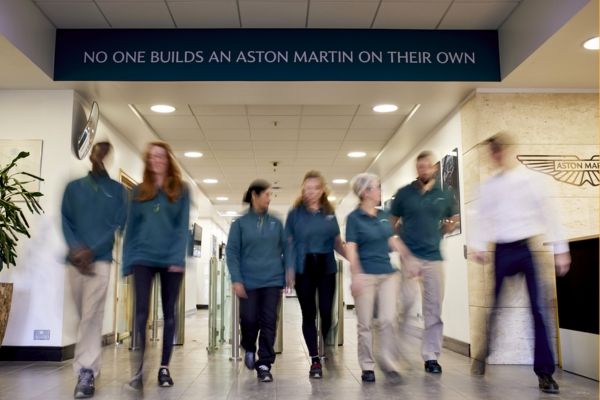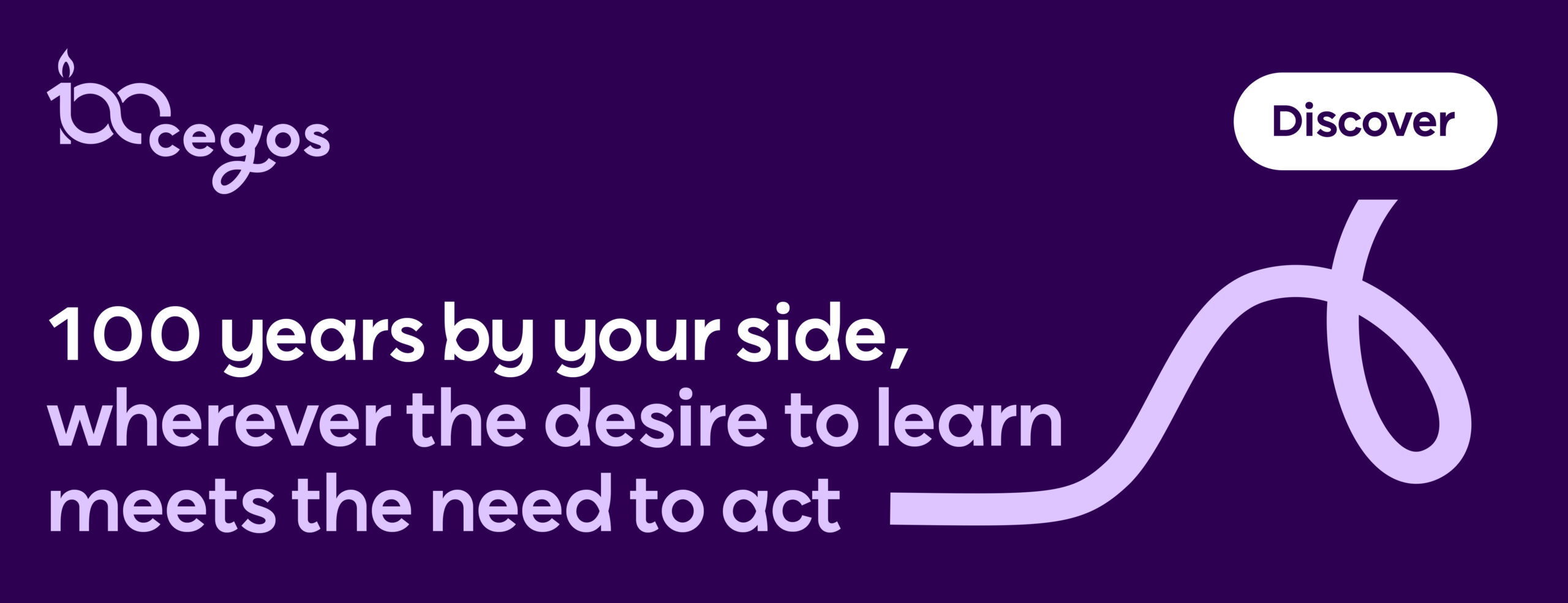

In a world increasingly defined by constant change and systemic uncertainty, managers face a formidable challenge: building and maintaining team cohesion in fractured, hybrid environments.
The natural bonds formed around water-cooler conversations and informal meetings have become less common. Remote working, changing relationships, and the fragmentation of collective identities have transformed cohesion from being something organic into a strategic need.
The new realities of team cohesion
The very structure of work has been reshaped. Hybridisation — a blend of remote and in-office work — has weakened the spontaneous interactions that once built trust and a sense of belonging.
Meanwhile, in an era of generational, cultural, and geographical diversity, belonging is no longer automatic. It must be intentionally created through inclusion, recognition, and shared meaning.
At the same time, our new world demands new levels of collective resilience. Teams must navigate constant change, uncertainty, and often contradictory pressures. In this environment, cohesion acts not just as a ‘nice-to-have’, but as a guard against stress, a facilitator of collaboration, and a catalyst for shared success.
A recent Cegos Barometer Survey* found that 42% of HR professionals cite “ensuring team cohesion” as the number one priority for managers, significantly ahead of other leadership tasks. Despite this, many organisations continue to underestimate the importance of actively developing team cohesion.
The manager’s evolving role
Managing a team can no longer be reduced to simply supervising tasks and monitoring performance. Managers are also responsible for building team cohesion. This requires more than operational oversight. It demands emotional intelligence, mediation skills, and the ability to create and sustain meaningful relationships in dispersed, diverse teams.
There are three pillars to building and maintaining cohesion in this new environment:
1- Set a common and clear course
A cohesive team is anchored by a shared purpose. When people know why they are together and what they are aiming to achieve, bonds form more easily. Aligning the team's mission with the organisation's strategic challenges and operational objectives helps managers create a coherent ongoing narrative.
In a fragmented world, this shared purpose becomes the glue that holds the team together. Without it, teams risk drifting into silos, with individuals working in parallel rather than collaboratively.

2- Cultivate mutual recognition
In environments where face-to-face contact is limited, ensuring every team member feels seen and valued is critical. Recognition comes from a culture where feedback, both formal and informal, flows freely.
Encouraging an environment where team members can give and receive constructive feedback, where contributions are acknowledged, and where individuals feel validated and useful, is key. When people feel recognised, they invest more deeply in the team’s success.
3- Welcome diverse opinions
Contrary to popular belief, a cohesive team is not one where conflict is absent. Differences of opinion – when handled constructively – stimulate creativity, clarify misunderstandings and reinforce trust.
Managers should appreciate and try to harness difference. This requires developing skills in emotional regulation, mediation, and cross-feedback as well as embracing diversity. They must provide spaces for open dialogue and collective reflection, even in remote settings.
A team that has gone through ‘good’ conflict and emerged stronger is a team that has built resilience, trust, and deeper bonds.
“Doing together” reinforced by constructively “being together”
As technology continues to evolve, the human dimension of work will become even more critical. AI and collaborative tools, while improving efficiency, also risk dehumanising interactions. In this context, managers will need to create moments of genuine presence. Simply organising meetings will not be sufficient. Managers must create spaces for authentic connection.
The nature of cohesion itself is shifting. In the past, it was often tied to collective action — "doing together." Increasingly, it is about shared experience — "being together." The workplace is no longer just a site of production. It is a space for human connection, growth, and mutual support.
The prize for building cohesion
True cohesion is not about achieving unanimity or suppressing differences. It is about fostering an environment where disagreement can be expressed without breaking the bond.
In today’s challenging and complex world, building team cohesion is no longer optional. It is essential and must be continually nurtured.
Managers who succeed will create teams that are not only more resilient but also more innovative, engaged, and capable of thriving in uncertainty.
The future belongs to organisations that understand this shift, and to managers who lead with strong strategic and interpersonal skills.
Click on the following link to download the Cegos 2025 International Barometer on First-time Managers.
* To gather the barometer's results, the Cegos Group polled over 4700 first-time managers and HR leaders in 10 countries in Asia, Latin America and Europe.










